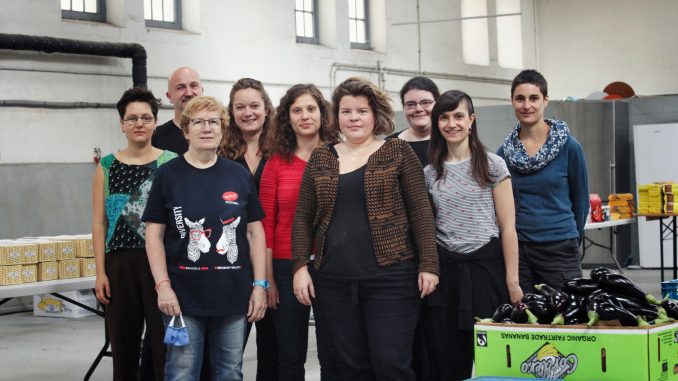
Redistributing food waste is surely a win for the environment and for society. So why is it such an uphill struggle? In the Belgian capital, a project called ‘Feed the culture’ helps out workers in the arts sector who are struggling to put food on the table because of the COVID-19 closures. Natasha Foote speaks to the volunteers on the ground in Brussels.
Dragging yourself across town to a food market at 6am on a Saturday morning in the drizzling rain to ferry boxes of fruit and vegetables around might not sound like your idea of fun.
And yet that is what Pauline Duclaud-Lacoste does without fail each and every week in an effort to go some way to addressing the food waste problem and offer assistance to some of the people reeling from the effects of the COVID-19 pandemic.
Specifically, the Brussels-based organisation ‘Feed the culture’, of which Duclaud-Lacoste is a founding member, offers assistance to all those in the creative sector, to help sustain those who, under normal circumstances, are the lifeblood of our cultural scene.
All-round win?
Projects such as this one, or the many others springing up across the globe working to help bring food surplus to more tables, are often portrayed as an all-round win for the environment, society and, in this case, culture.
But the truth is that there are some that lose out in this game – and not enough people are talking about it.
While there is no doubt that these projects are both worthwhile and sorely needed, the reality is that it is a tiresome, difficult and costly (in more ways than one) business trying to access and distribute food waste.
Of course, that is not to say that people are not talking about food waste.
The issue is rapidly gaining recognition in policy circles as a major social, environmental and economic issue. Between the advent of the first ever ‘International Day of Awareness of Food Loss and Waste’ back in September of this year, and being a key feature of the EU’s flagship new food policy, the Farm to Fork strategy, food waste is arguably being spoken about more than ever.
The imperative of addressing this issue, which amounts to a monumental third of the total food we produce on this planet, cannot be overstated.
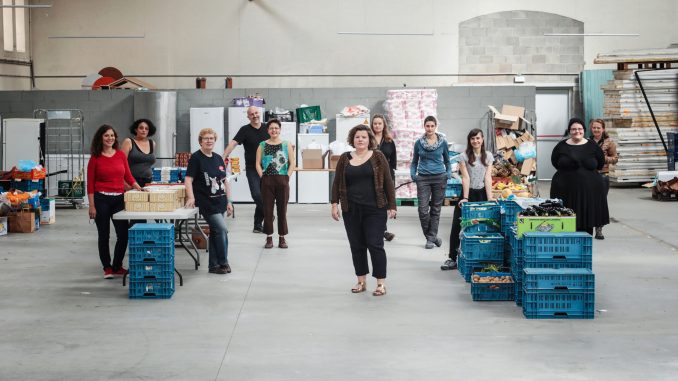
Welcome to the jungle
But while many seem to be making the right noises about this problem, fewer seem to be making the right moves to make this work in practice.
Because behind the well-meaning words hides the lawless grey zone of food waste, or, as Duclaud-Lacoste puts it, the “jungle” of recuperating food waste.
“The rules, the logic – or rather, the lack of rules and logic- is making it more and more complicated for food waste associations to operate,” she said, stressing that any commitments need to be rooted in firm legislation to back them up.
This includes stronger rules obliging supermarkets to take responsibility for their food waste, such as the law introduced in France back in 2016, she suggested.
“So many supermarkets refuse to give you their waste, or tell you that there’s none to give,” she said, adding that supermarkets will often only give to associations with whom they have a long established relationship.
This is something that she struggles to understand or believe, speculating instead that it is simply easier for supermarkets to throw out wasted food rather than store it ready for pick up.
This also creates a perverse situation which pits food waste associations in competition with each other, instead of encouraging cooperation.
“You have to ask the question – how much does it cost supermarkets to sort out and throw the food?” she questioned, adding that the fee for rubbish collections could be put to much better use.
“We do everything; we find the food waste, we use our time, petrol, vans, to pick up the food waste, sort it and give it out – we simply couldn’t make it easier for them but they do not make even the most minimal effort,” she said, adding that the association could feasibly feed five times more people with easier access to the surplus food.

Who is being held accountable?
For ‘Feed the Culture’, most of its food comes either from other food associations, meaning wasted food is ferried around until it finds its home, organic shops, which tend have a stronger ethical conscience but also produce less waste to begin with, and “from the sky”, meaning random and unpredictable donations, usually by word of mouth.
This makes it very challenging to predict how much food will be on offer each week, she said, pointing out that it also means that volunteer led organisations have to spend a significant amount of time and effort going to multiple locations to pick up unknown quantities of food.
To date, the association, which regularly offers around 150 food parcels per week, has not received a single penny in aid. Meanwhile, it has spent nearly €2,000 between June and October, primarily in petrol and transport costs. This has been entirely funded from small donations.
Duclaud-Lacoste was particularly critical of the fact that there is no authoritative body that controls the amount of food waste produced by supermarkets.
“Who is controlling supermarkets? Who is taking stock of the amount of food that is being thrown away, and who is being held accountable?” she asked.
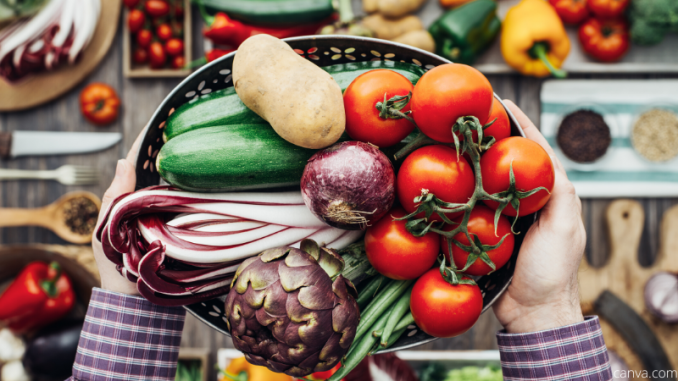
Health and safety
Duclaud-Lacoste highlighted the hypocrisy that, in comparison, associations have to shoulder a huge administrative burden in order to operate. ‘Feed the Culture’ recently underwent a health and safety assessment and was judged by the standard usually reserved for restaurants.
“It is ridiculous that we are being judged by the same standards as restaurants; it makes it painfully clear that we have to completely rethink the entire system,” she stressed.
She added that this is especially challenging for associations that don’t fit into the mould of a traditional food bank, and instead fit into a grey zone.
“But our association ticks all the right boxes – we contribute environmentally, socially, culturally – but still we haven’t managed to wade through all the paperwork to receive the help we need,” she said.
In addition to stronger regulation obliging supermarkets to take responsibility for the waste they produce, Duclaud-Lacoste added that supermarkets could take simple steps such as adding a dedicated fridge for food waste in storage rooms, which would help save perishable items and ease the process of recuperation.
She finished up the interview offering an invitation to policy-makers to join her in her efforts.
“I would invite any policymaker to come with me on the Saturday morning shift, to come and sort the food and help manage the distribution, so they can understand the level of the problem we deal with each and every week,” she said.
More on food waste
How Did Fighting Food Waste Become Free PR & Labour for Supermarkets?
State-Sanctioned Agroecological Transition? The State of Food in France
Reclaiming the Place of Agrobiodiversity in the Conservation and Food Debates
Is Food Security A Relevant Argument Against Environmental Measures In The EU?
UK | Chapter 2 : Minimising Net GHG Emissions from Food Systems
Counting Apples or Oranges? | Climate Change Stats vs Food Systems Thinking
A WholeFood System – agroecology, its cousins & consultations
Global food production overwhelming efforts to combat climate change?



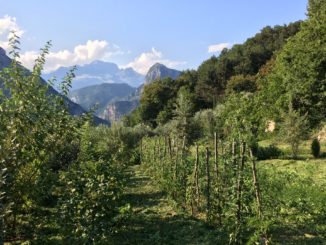
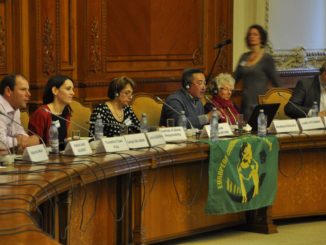

1 Trackback / Pingback
Comments are closed.